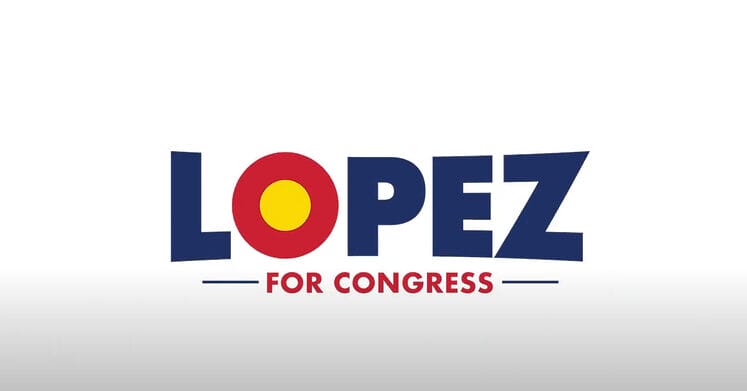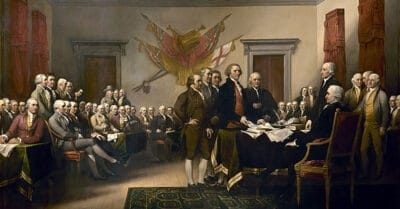After 9/11, Edward Snowden joined the Army, but due to an injury he was discharged. His desire to help protect the country was still burning within him so he went on to get top-level security clearances and work for NSA and CIA. Sometimes, he worked for those agencies directly and sometimes as a contractor. During that time, he discovered that technology had already deeply violated the Fourth Amendments rights of American citizens without any public discussion or disclosure. Snowden discovered that all communications and photos were being recorded and worse, they were searchable. In other words, the government has access to all of your communications. In fact, everything can be traced back to your IP address.
Upon discovering this “cancer”, he did what every American should do, he paused and remembered his oath to the Constitution. By the way, he was never made to swear to any other oath. The government made up the additional oath to spin the story and smear his reputation.
Snowden explains that the Intelligence Community is after metadata. Metadata can be used to predict future behavior. Some will remember watching the movie Minority Report where people were arrested before they committed a crime base on “future visions by Precogs.” This is the direction the collection of data is heading.
On his October 16th, 2019 radio show, Glenn Beck best explains why we should worry about the collection of metadata and the danger of all the data collection technology has created. Beck explains that as far back as ten years ago, Homeland Security could already figure out if you had left your house just by watching your water or energy use. A search of data on the web is then run to determine all the people you are connected to. Another search of their utility data will show if there has been any increased use which would indicate a guest. It is easy to see this use of data on your Facebook feed. An algorithm is used to show you advertisements of items you may wish to purchase or a series of pictures of people you may know and want to connect with. Creepy, isn’t it?
Journalist Sharyl Attkisson, has been a guest on Kim Monson’s radio program many times. She discussed how she was targeted by the Obama Administration because she was looking into Benghazi. Her computer was hacked and before her eyes, her work was being deleted. Snowden makes clear, this is entirely possible and talks about being able to hack into computers of people on watch lists and observe them in front of their computer in real-time.
Snowden points out that the capabilities technology makes available quickly out-paced legislation starting in about 1971. This point was certainly borne out in a Congressional hearing which took place in April of 2018, in which elected officials asked Mark Zuckerberg questions demonstrating technological illiteracy. Senator Orrin Hatch, R-Utah asked Mr. Zuckerberg how Facebook makes money because it does not charge users a fee. I find this line of questioning a little alarming as radio and tv stations make money in the same way. There were a few other questions which got to the heart of the matter, which is who owns the information on Facebook
It is my hope that the American people will one day soon recognize how lucky we are that a young man took his oath to the Constitution seriously, recognized the violations and risked his life to expose what government agencies were doing, much of it was hidden from Congress. There was no oversight. Snowden is a rare individual indeed. Most of the technologists probably didn’t even understand the Constitution. Even if some do, by the time they moved into the Intelligence Community, they knew exposing the abuse would end their career and most likely their life.
Do I think we need to shutdown technology? Absolutely not. Our lives are made much better by it, but the Constitutional violations must stop. The government must purge the information and systems that collect information. Private businesses will be policed by the market and violations will be swift and sure. Americans need to have a public conversation immediately about the use of technology and the roles it should not take on.
This book is a fast read and Snowden explains what issues we are facing, how to start to protect your data and what should be done in the last few chapters. Encryption, which makes the data unreadable unless you have the precise mathematical key (program), keeps data safe. Following, Snowdens revelations some legislation was passed which helps secure our Fourth Amendment Rights prohibiting unreasonable searches, but MUCH more needs to be done.t Rights prohibiting unreasonable searches, but MUCH more needs to be done.









Responses